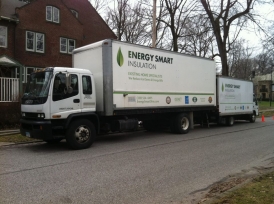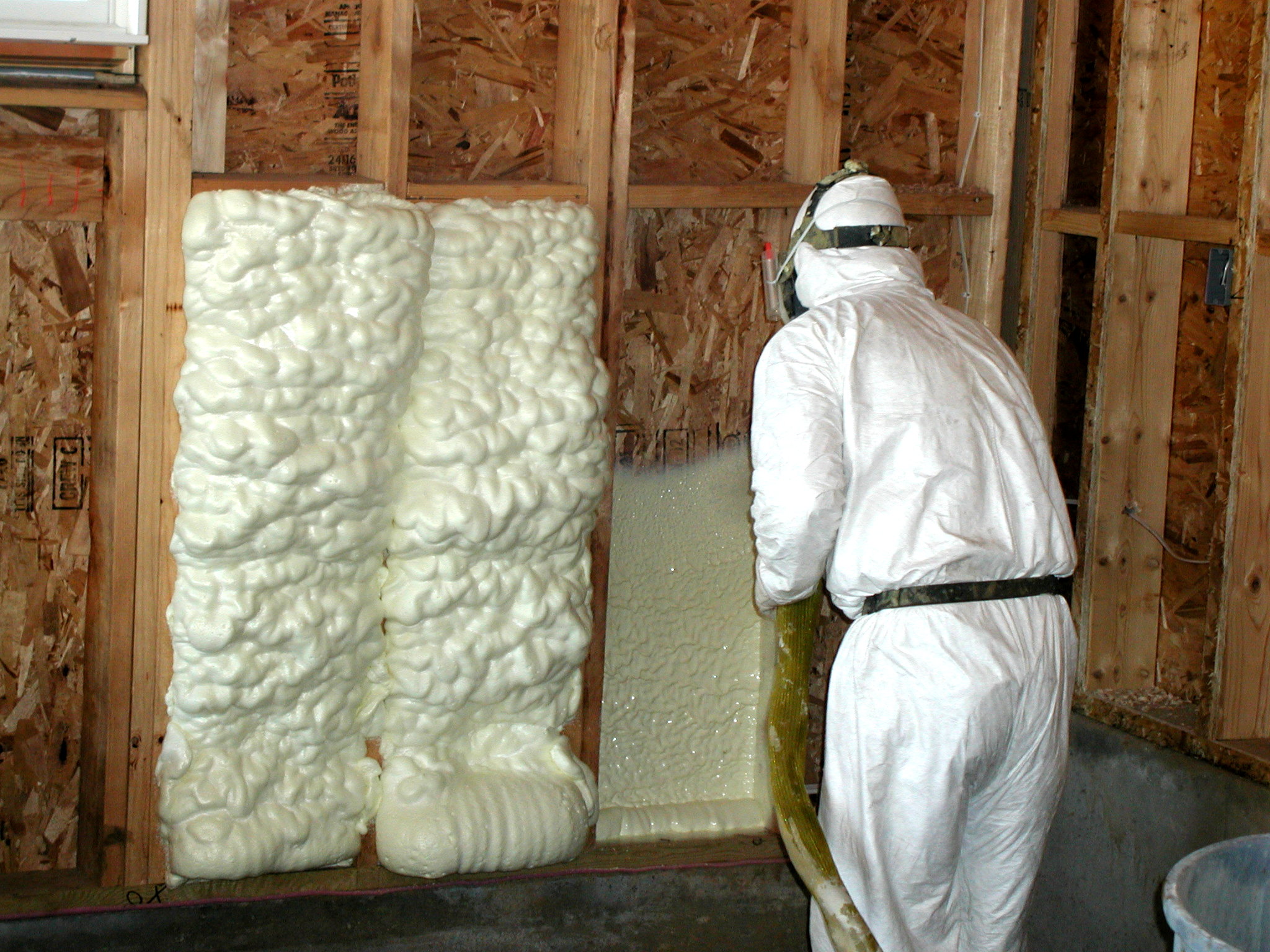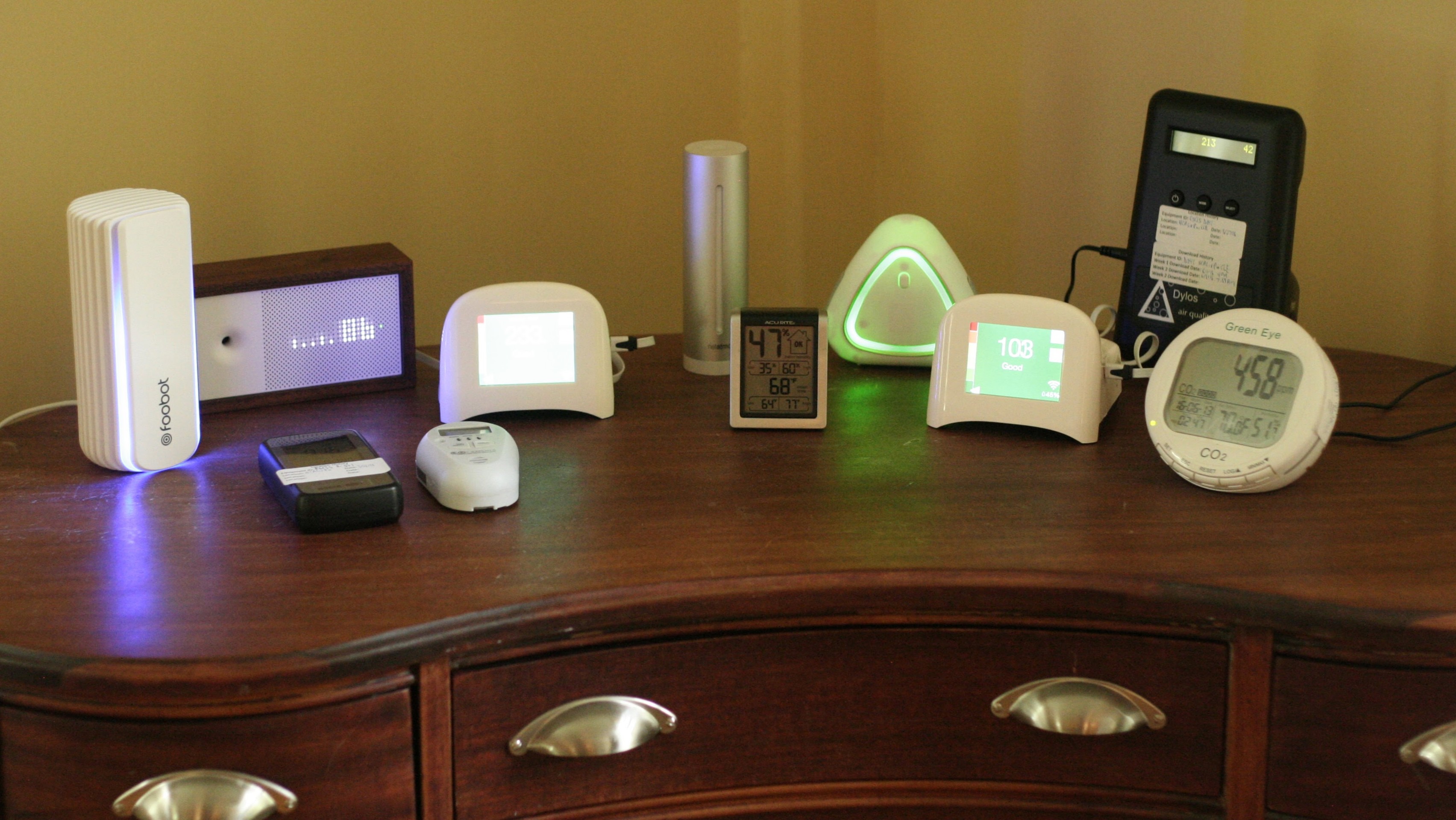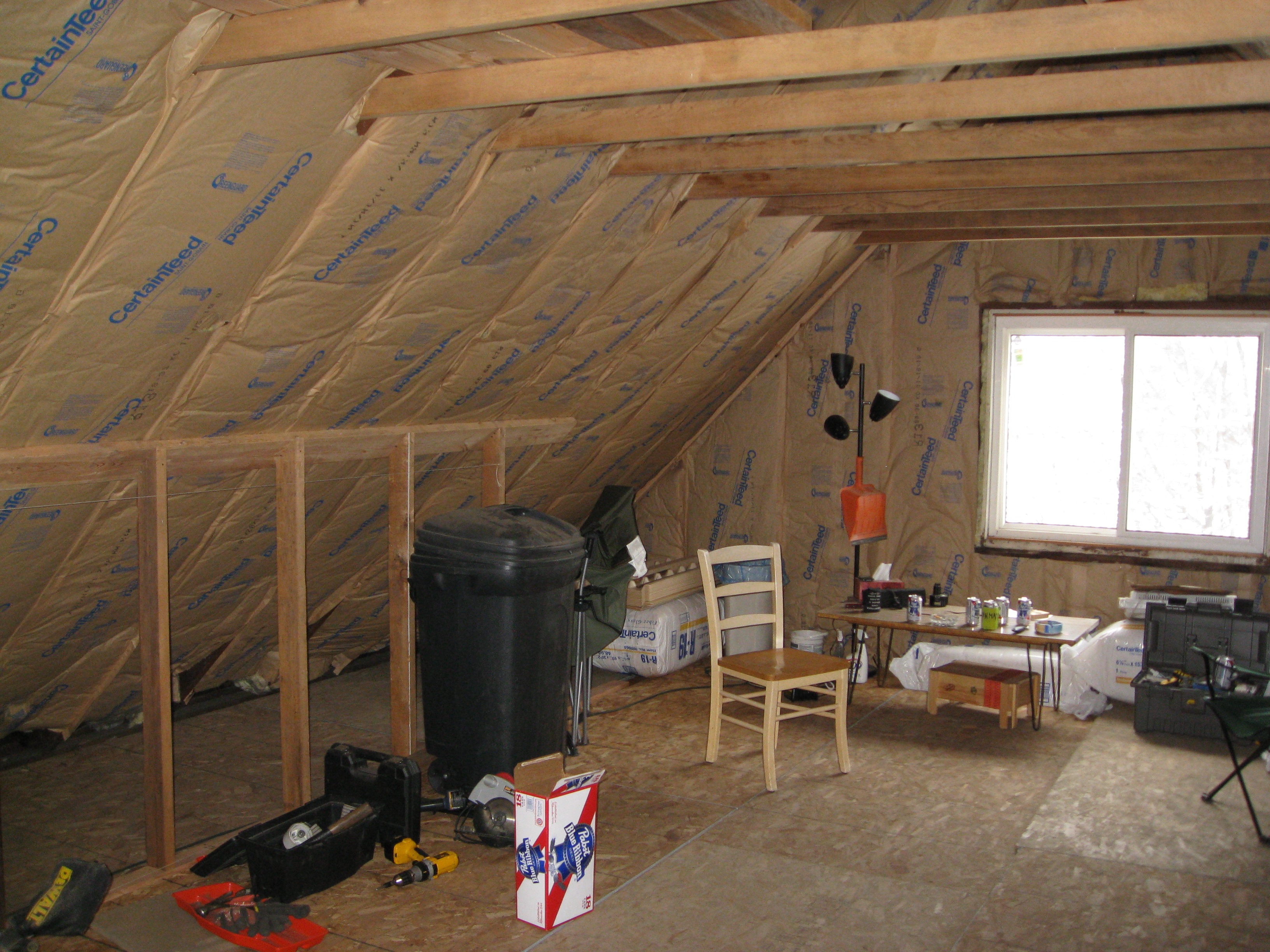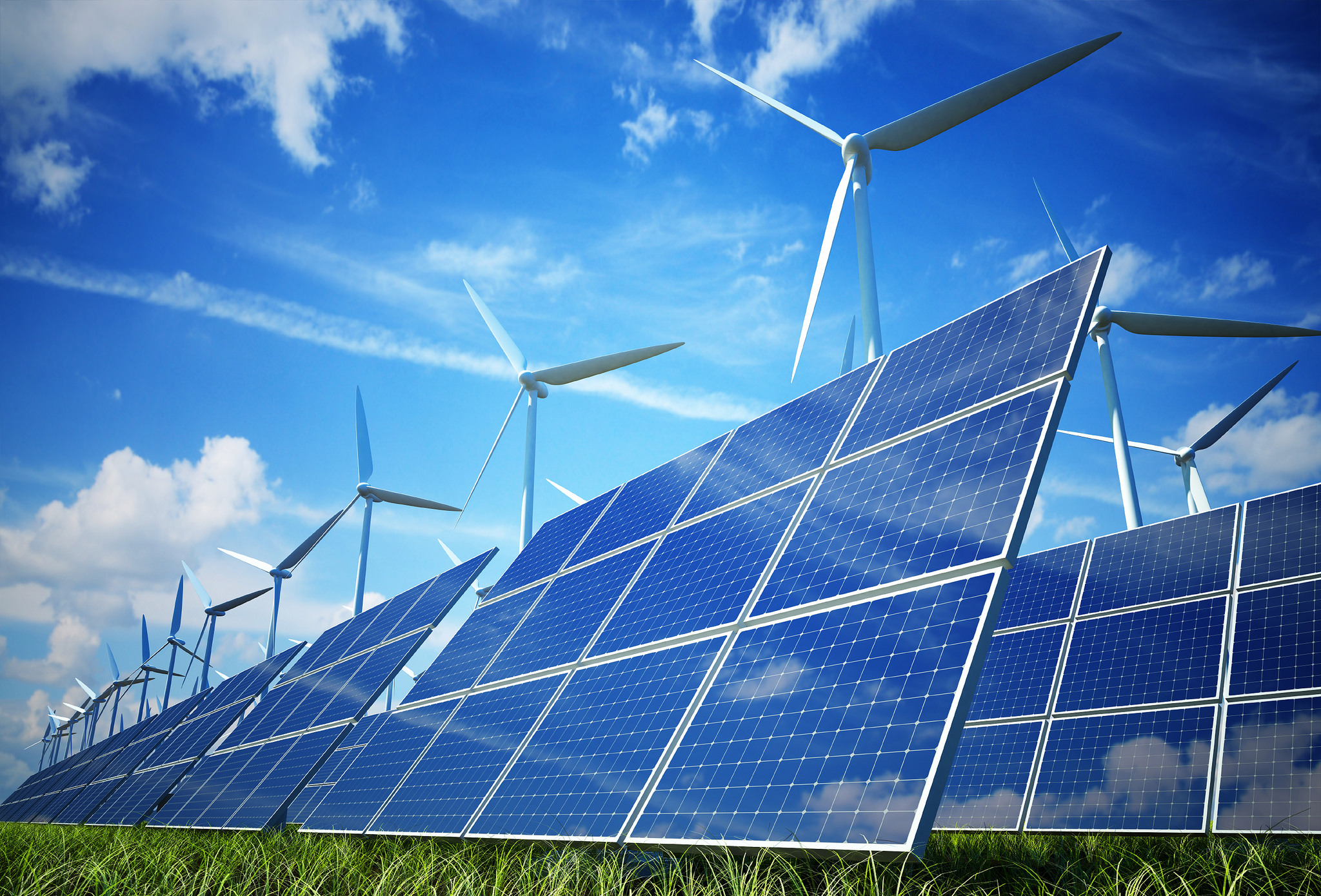Energy Models ARE Accurate – Danny Parker of FSEC Says
Energy Models really can be accurate, says Danny Parker of the Florida Solar Energy Center. Here is a synopsis of his presentation last year.
Thesis: Good audits lead to accurate and precise energy predictions.
6:00 Description of Home Energy Saver (HES) and how its data is quite good.
7:50 Energy Trust of Oregon & CSG study of 3 different modeling tools for accuracy. Danny says there are some issues with the conclusions. Michael Blasnik’s presentation at Building Science Summer Camp is old noise, this is new noise. It directly contradicts Blasnik’s conclusions.
14:50 Definition of accuracy and precision.
28:25 Description of operational model – set points and other behavioral inputs
29:00 Caveats to the Operational model. It still used some defaults since all pieces of information were not entered into every model.
30:50 Operational audits, including behavioral assessments, lead to accuracy of 1.5% or less. Good audits are accurate and precise for predicting initial use, which means they are likely to predict upgraded use fairly well. 10 Florida homes were well instrumented and were of identical construction.
Important items: number of occupants, thermostat settings
In colder climates, more inputs are substantially better.
Lots of differences between homeowners. 1100 sf houses with nearly identical facings. Data from 1995.
Inside temps during a cold snap. The lowest energy use house actually was the highest temp, 81 degrees. The outlier let the house float at very cold temps.
‘More inputs DO improve accuracy. Anything else is just wishful thinking.’
Water heaters are still really tough to predict.
Inputs from homeowner behavior were the best way to make predictions accurate.
Conclusion: Get behavioral data such as set points and number of occupants, and you can predict energy use well, within 1.5% according to Danny Parker’s analysis.
Get the HVAC Guide

It's free! Make buying a new furnace, air conditioner, or heat pump less stressful.


